OpenAI Ventures into Humanoid Robotics, Challenging Tesla’s Optimus
- by Editor
- Sep 15, 2025
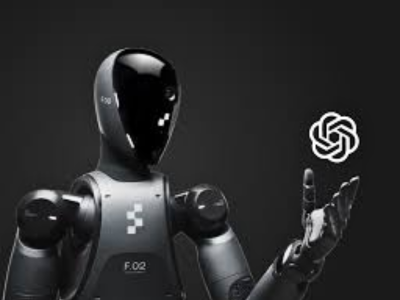
Credit:
OpenAI, the creators of ChatGPT, has entered the humanoid robotics race, positioning itself for a high-stakes rivalry with Tesla’s Optimus project as it recruits experts to develop AI-driven robots capable of complex real-world tasks, according to industry reports.
A Wired report on September 16, 2025, details OpenAI’s strategic shift from software to physical systems, with recent job postings seeking specialists in robotics and machine learning. The company is focusing on advanced teleoperation and virtual simulation environments to build robots with enhanced spatial reasoning, enabling them to navigate and perform tasks with precision. These efforts target humanoid robots that mimic human traits, potentially for industrial and domestic applications.
This move sets OpenAI on a collision course with Tesla, led by Elon Musk, who co-founded OpenAI in 2015 but left its board in 2018. Musk has prioritized Tesla’s Optimus robot as a cornerstone for future growth, envisioning uses from factory work to household assistance. OpenAI’s initiative escalates their rivalry, intensified by Musk’s public criticism of OpenAI’s direction and safety protocols, as noted in posts on X and industry analyses.
OpenAI’s robotics push builds on its AI expertise, with ChatGPT and models like o1 driving advancements in reasoning and problem-solving. Insiders suggest the company aims to integrate these capabilities into robots, competing not only with Tesla but also with players like Boston Dynamics and Figure AI. The global humanoid robotics market, valued at $1.5 billion in 2024, is projected to reach $38 billion by 2035, per Statista, underscoring the high stakes.
Musk has linked Optimus to addressing AI risks, a stance echoed in his work with xAI. OpenAI, backed by Microsoft, faces its own challenges, including regulatory scrutiny and safety concerns raised by former researchers, as reported by Reuters. The company’s shift to robotics could stretch resources but aligns with its mission to advance AI’s real-world impact.




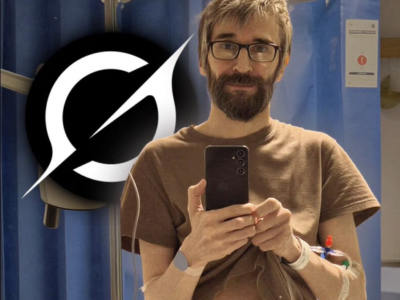

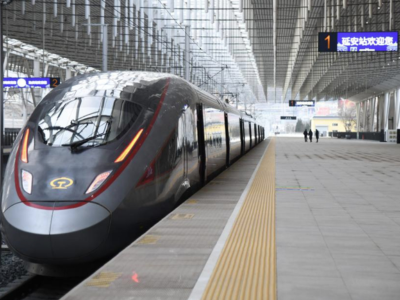
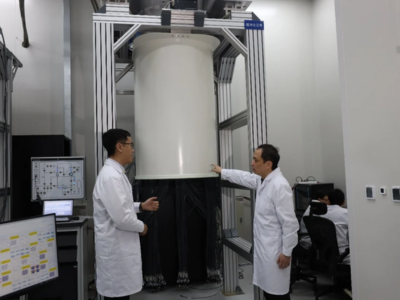




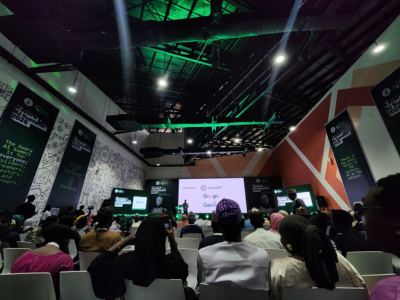
0 Comment(s)